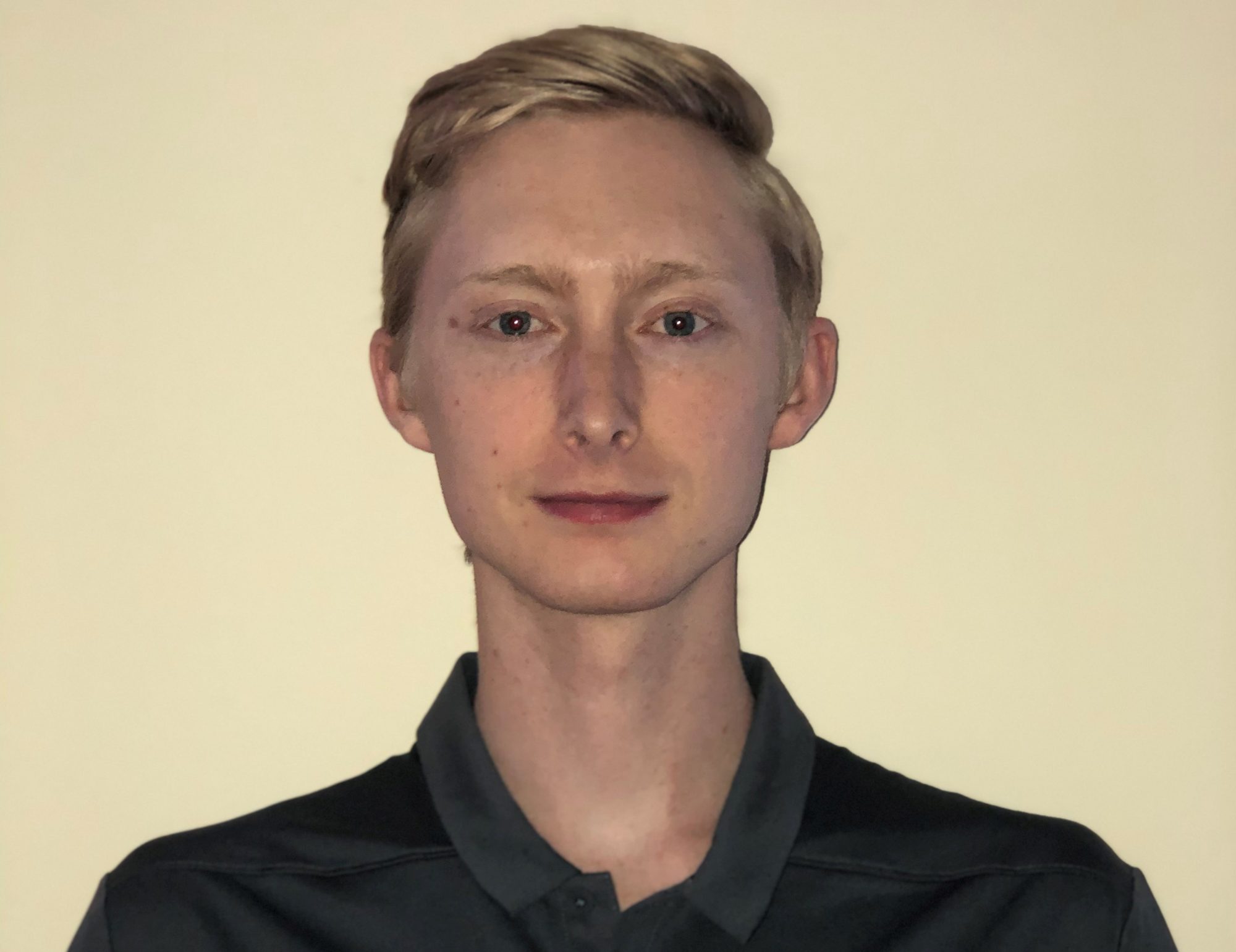
- This event has passed.
MEAM Ph.D. Thesis Defense: “Computational Fluid-Structure Interaction Modeling of the Cardiovascular System”
June 19, 2024 at 10:00 AM - 11:00 AM
Patient-specific computational modeling and simulation has become a routine part of cardiovascular clinical research. These techniques leverage medical imaging to construct subject-specific models that can be used to study disease processes, design and evaluate medical devices, perform predictive surgery, and aid in clinical decision-making. Modern cardiovascular simulations often require millions of elements and tens of thousands of time steps. Incorporation of additional physics only contributes to these costs and increases model complexity. Due to the presence of complex pulsatile hemodynamics potentially coupled with deformable vessel walls or heart valves, development of accurate, robust, and efficient cardiovascular simulation tools remains a challenging task. In this thesis, I present several improvements to existing finite element solver technologies for computational modeling of the cardiovascular system, all of which were implemented in a new computational FSI framework I developed in the Modular Finite Elements Methods (MFEM) C++ library. First, I describe a block preconditioning technique for implicit time discretization of the Navier-Stokes equations monolithically coupled to reduced dimension models of the cardiovascular system (e.g. Windkessel model). Mass conservation properties of various solution algorithms are investigated in a patient-specific aorta model. Next, I show how these improved techniques can be leveraged to simulate FSI problems, such as blood flow through deformable vessels, using the arbitrary Lagrangian-Eulerian method combined with a quasi-Newton solution procedure. Lastly, I present an immersed approach for computational modeling of fluid-structure interaction. A fully implicit monolithic coupling method is described, as well as several discretization improvements targeted for immersed thin structures. I demonstrate the potential of the method to simulate heart valves dynamics over the cardiac cycle using an idealized problem and two extensions: heterogeneous valves as a simplified model for calcification, as well as an anisotropic Fung type constitutive model for the leaflets.

Ryan T. Black
Ph.D. Candidate, Department of Mechanical Engineering & Applied Mechanics, University of Pennsylvania
Ryan Black is advised by George Park.
